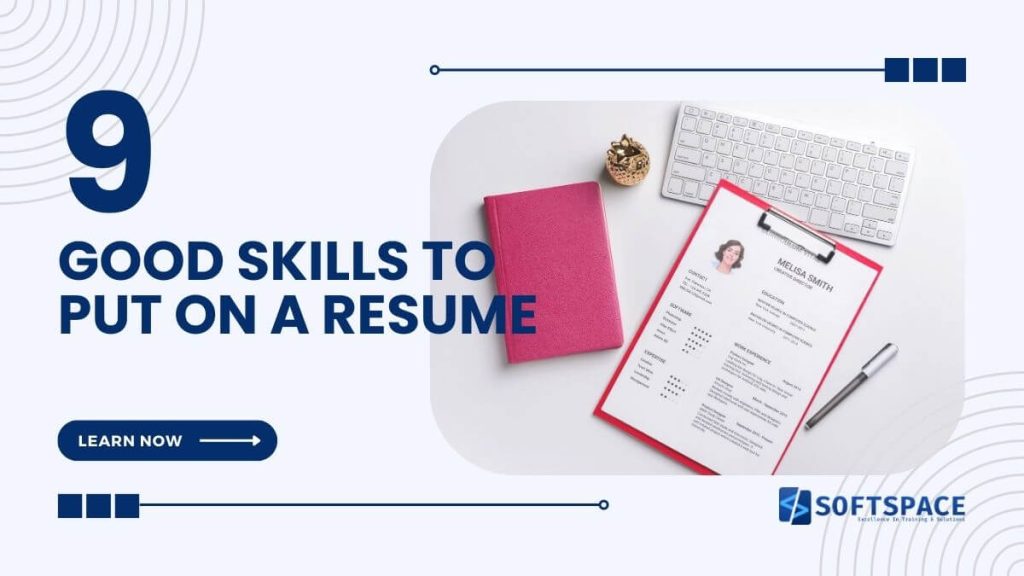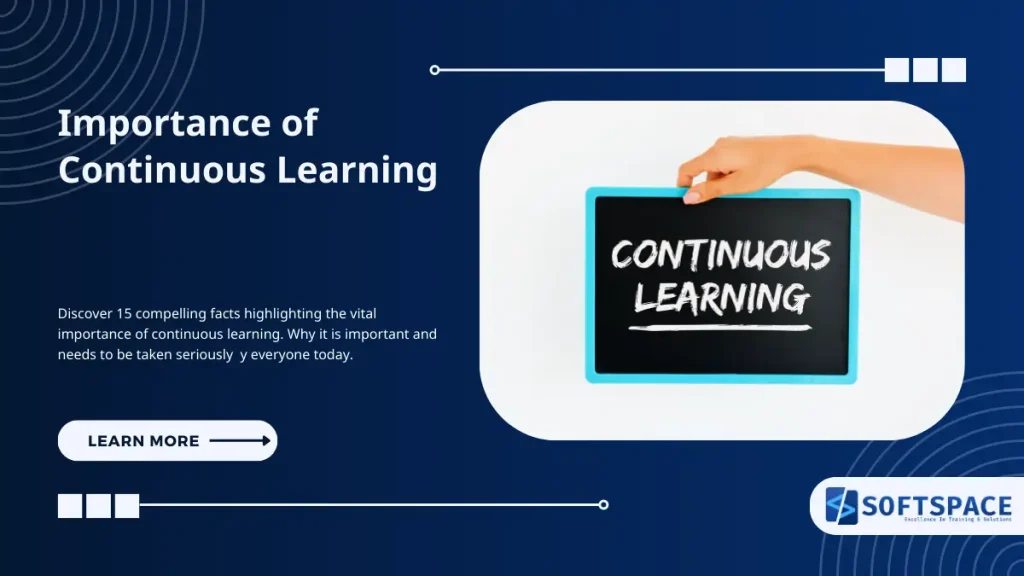In today’s competitive job market, your resume has just 7.4 seconds to make a strong impression. With 80% of resumes discarded during initial screenings and AI-driven applicant tracking systems filtering applications before any human reads them, knowing which skills to highlight can determine if you get your dream job or get lost in the stack.
Whether you’re a recent graduate entering the job market or an experienced professional seeking to move up, the skills you choose to feature on your resume directly affect your success. With 65% of employers in 2025 focusing on practical skills rather than formal education, choosing the right skills has never been more important.
This guide outlines the top 9 good skills to put on a resume that recruiters and hiring managers look for, supported by industry statistics and expert insights. From specific technical skills related to the job to general soft skills like communication and problem-solving, you’ll find out what to include and what to leave off to create a resume that passes both AI screening and human review.
Are you ready to change your resume from ordinary to interview-ready? Let’s explore the skills that will help you stand out and boost your career growth in 2025.

Some good skills to put on a resume
A resume is more than a document; it is your first impression with potential employers. It highlights your most relevant experience, skills, and achievements, allowing companies to quickly see why you’re a great fit.
With AI-driven resume screening and recruiters sifting through hundreds of applications, your resume must be optimised for both human readers and applicant tracking systems that scan for keywords.
| Skill | Importance |
|---|---|
| Job-Specific Technical Skills | Technical skills define your professional expertise and ensure you can meet the specific demands of your job effectively. |
| Communication Skills | Effective communication ensures that information is conveyed clearly, aiding collaboration, problem-solving, and client interaction. |
| Time Management | Mastering time management boosts productivity, helping you prioritize tasks and meet deadlines without stress. |
| Problem-Solving Abilities | The ability to solve problems is essential for overcoming challenges, ensuring that projects run smoothly and efficiently. |
| Ability to Perform Under Pressure | Being able to stay calm and organized under pressure ensures you can meet deadlines and expectations in stressful situations. |
| Active Listening | Active listening helps foster strong relationships, improve teamwork, and ensures you understand all aspects of tasks and discussions. |
| Writing Proficiency | Clear writing is key in communication, whether for reports, emails, or proposals, ensuring your ideas are expressed accurately. |
| Critical Thinking | Critical thinking enables you to analyze situations, make informed decisions, and find the best solutions to problems. |
| Relevant Certifications and Licenses | Certifications and licenses validate your knowledge and skills, providing credibility and demonstrating expertise in your field. |
Top 9 Good Skills to Put on A Resume in 2025
1. Job-Specific Technical Skills
These skills define your professional expertise and should be tailored to the job you’re applying for. Highlight the most relevant technical abilities that show your qualifications.
For example, a Data Analyst might emphasise skills in data visualisation tools, SQL databases, Excel spreadsheets, and statistical methods to demonstrate their competency.
2. Communication Skills
Strong communication includes various forms: Active listening, clear verbal expression, interpersonal interactions, and effective written communication.
These skills are essential for collaborating with colleagues, giving presentations, engaging clients, and writing reports. Providing concrete examples, like experience in public speaking or professional writing, helps strengthen this section.
3. Time Management
In fast-paced workplaces, managing your time well is critical. Employers appreciate candidates who can prioritise tasks, consistently meet deadlines, and handle multiple responsibilities without sacrificing quality.
Showing your ability to plan and execute work within time limits reflects your reliability and productivity.
4. Problem-Solving Abilities
Problem-solving involves recognising challenges, analysing possible solutions, and choosing the best course of action.
This skill is valuable across many industries. Highlight past situations where you identified an issue, evaluated options, and took action to resolve it effectively, showing your critical thinking and resourcefulness.
5. Ability to Perform Under Pressure
The ability to stay calm and deliver results during stressful situations is highly valued. Examples can include managing tight deadlines, adapting to sudden changes, or maintaining quality output despite demanding conditions, showcasing your resilience and efficiency.
6. Active Listening
Active listening improves team dynamics and customer relationships by ensuring that ideas and concerns are fully understood before responding. Emphasising this skill shows that you are attentive, open to feedback, and capable of engaging thoughtfully, which builds collaboration and trust.
7. Writing Proficiency
Clear and effective writing supports documentation, internal communications, marketing efforts, and client correspondence. Strong writing skills contribute to professionalism and clarity, especially in roles involving content creation or complex information exchange.
8. Critical Thinking
Employers look for candidates who can evaluate information logically to make informed decisions. Critical thinking skills are essential for analyzing data, anticipating consequences, and strategising solutions. Including examples of where you have used these skills shows your analytical abilities and strategic mindset.
9. Relevant Certifications and Licenses
Certifications and professional licenses validate your expertise and give you a competitive edge. Depending on your industry, such credentials might be necessary or highly desirable.
Examples include certifications like CCNA for networking, PMP for project management, CPA for accounting, and RN licensure in healthcare, all indicating your commitment to professional growth and compliance with standards.
Additional Tips for Resume Skill Section Optimisation in 2025
- Customise Skills for Each Job: Tailor your skills section to match the keywords and requirements from the job description to pass both AI screening and recruiter review.
- Quantify Achievements: Where possible, link skills to measurable accomplishments, such as “improved project delivery time by 20%” or “managed a team of 10 under tight deadlines.”
- Balance Hard and Soft Skills: Combine technical skills with interpersonal skills to present a well-rounded profile.
- Keep it Clear and Concise: Use bullet points, short phrases, and avoid jargon. Make it easy for quick scanning.
How many candidates get rejected due to a bad CV?
CV/Resume Rejection Statistics
Of all resumes are rejected for each online vacancy
The competition for jobs is intense, with the majority of applicants not making it past the initial screening.
Eliminated during initial screening
Most resumes don’t pass the first review by recruiters or automated systems.
Rejected due to spelling/grammar issues
Attention to detail matters – spelling mistakes and typos immediately hurt your chances.
Recruiters found lies on resumes
Dishonesty is a major red flag that leads to immediate rejection.
Rejected for informal tone
Professional communication style is expected in job applications.
Other common CV mistakes that lead to rejection include:
- Using an unprofessional email address, which 30% of recruiters overlook.
- Poor formatting or cluttered design turns off more than 40% of recruiters.
- Having a resume that’s too long results in rejection for just under 50% of recruiters.
- Failing to customise the resume to the job description and missing relevant keywords can stop it from passing through applicant tracking systems (ATS).
- Only 2% of resumes lead to interviews, and 25% make it past ATS screening.
Emerging Resume Skills Trends for 2025
To stay ahead, consider incorporating some trending skills relevant to today’s changing workplace:
- Digital Literacy: Proficiency with digital tools, remote collaboration platforms, and basic cybersecurity awareness.
- Adaptability and Learning Agility: Ability to pivot quickly and learn new technologies or processes.
- Emotional Intelligence: Managing emotions effectively to build strong workplace relationships.
- Data Analysis: Skills in interpreting data to guide business decisions.
- AI Understanding: Basic knowledge of AI applications relevant to your field.
Common Mistakes to Avoid When Listing Skills
- Including irrelevant or outdated skills.
- Overloading the section with too many entries.
- Using vague terms without examples.
- Forgetting to tailor skills to the specific job.
Resume Skill Section Example
- Proficient in SQL, Excel, and Tableau for data analysis – Strong verbal and written communication skills demonstrated through client presentations and report writing
- Excellent time management, consistently meeting tight project deadlines
- Effective problem-solving with experience in streamlining workflow processes
- Ability to perform under pressure during high-stakes project launches
- Active listening, fostering strong team collaboration
- Certified Project Management Professional (PMP)
Stats That Highlight the Importance of Skill Selection on Resumes
- Recruiters spend just 7.4 seconds on average reviewing a resume.
- About 80% of resumes are rejected during initial screening, often by AI programs that look for key skills and qualifications.
- 65% of employers in 2025 prioritise skills and practical experience over formal education.
- Certifications increase your chances of landing interviews and higher salaries by validating your expertise.
Conclusion
A strong resume with carefully chosen and clearly presented skills can help you stand out in the 2025 job market. Focus on relevant job skills, communication, time management, problem-solving, and certifications to make an impressive impact on hiring managers and applicant tracking systems.
Remember, it’s not about listing all your skills but selecting the ones that best match the job and presenting them clearly and professionally.

13+ Yrs Experienced Career Counsellor & Skill Development Trainer | Educator | Digital & Content Strategist. Helping freshers and graduates make sound career choices through practical consultation. Guest faculty and Digital Marketing trainer working on building a skill development brand in Softspace Solutions. A passionate writer in core technical topics related to career growth.




